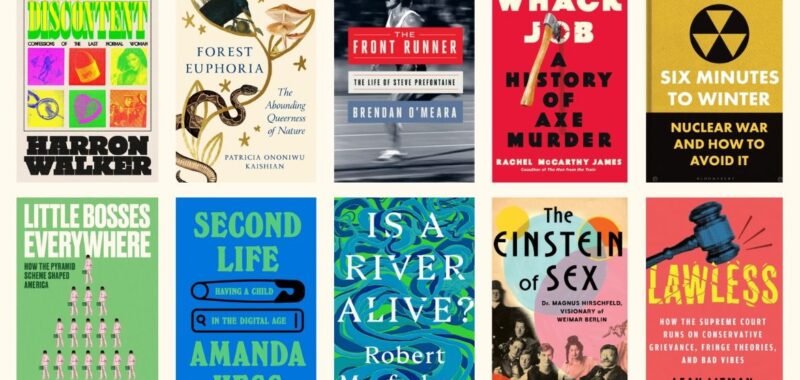Each month, we here at Lit Hub pore over literally hundreds of nonfiction titles—here are ten coming out in May that are worth your time. (Sign up to our weekly nonfiction newsletter for evidence of all that work…)
*
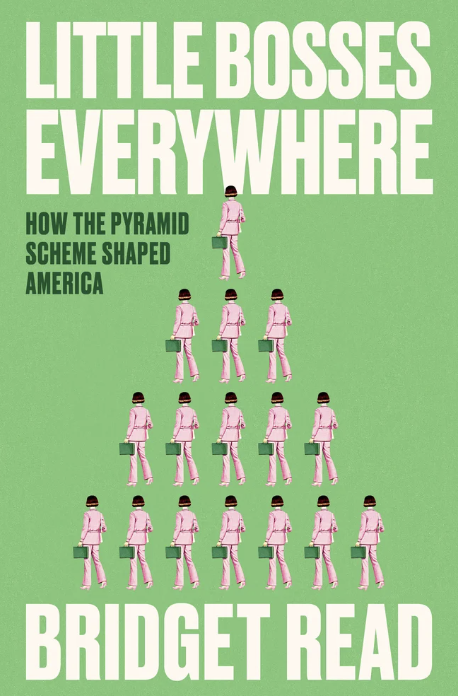
Bridget Read, Little Bosses Everywhere
(Crown, May 6)
If you ever wanted to understand how that cool girl from high school started selling leggings/life coaching/slimming vitamins on Facebook, this comprehensive, engaging, and truly illuminating debut from Read should be your next book. Beginning in the 1940s with the struggling vitamin company Nutrilite up to present day MLMs like May Kay cosmetics, Read not only highlights the personal stories of those who have been sucked into these schemes, but reveals MLM’s role in contemporary conservative politics, constituting “an unholy alliance of grift and the American bootstrapping ethos.”
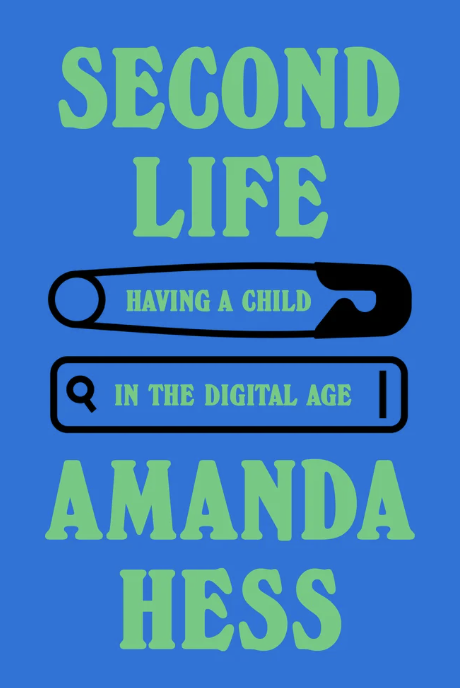
Amanda Hess, Second Life
(Double Day, May 6)
When Hess first got pregnant, she was mildly amused by the way her period tracker began to serve her targeted ads for maternity clothes, cribs, and quackish health supplements. But when a prenatal test detected her unborn child might have a serious health complication, she saw the way the internet and the “medicalized mamas” that filled the forums she searched created a darker, unregulated fear-mongering reality. Hess’s memoir-meets-investigation of the convergence of parenthood and technology is a must read to understand the bizarre realities of having a child in the digital age.
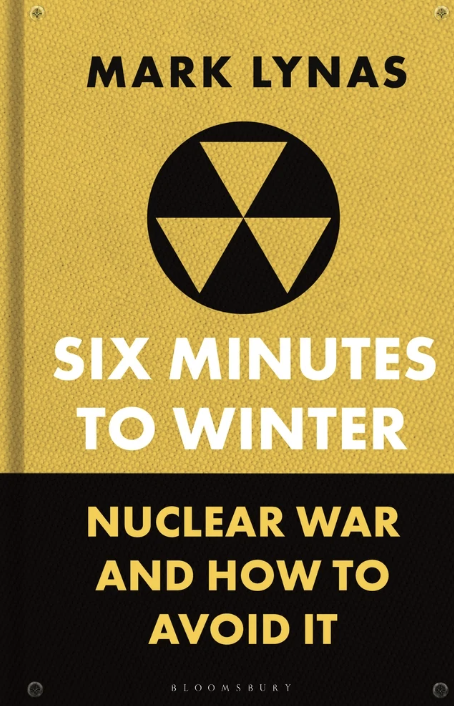
Mark Lynas, Six Minutes to Winter
(Bloomsbury, May 6)
Just when you thought total thermonuclear annihilation was a quaint retro fear (like mullets or Zoobaz) up pops Six Minutes to Winter to remind us that we’re probably closer to WWIII than we’ve been since the Cuban Missile Crisis. Even better? It offers morbidly compelling descriptions of exactly what it would be like if the Eastern seaboard were hit by a full-on nuclear attack and guess what: it’s not great.

Daniel Brook, The Einstein of Sex
(WW Norton, May 13)
It is a grim parlor game these days to find parallels between Weimar Germany’s slide into Nazism and America’s ongoing totalitarian turn—but that is the reality of the situation in Donald Trump’s second term. One of the most obvious similarities between then and now is also step one in any autocrat’s playbook: go after the marginalized to see if anyone will defend them.
On May 6, 1933, Nazi brownshirts looted and ransacked Berlin’s Institute of Sexology, destroying the place and burning all its books. (Those iconically dreadful bookburning images? These are them.) The Institute, founded by Dr. Magnus Hirschfeld (aka The Einstein of Sex), was targeted because it recognized and celebrated the naturally occurring fluidity of gender and sexuality, a position radically opposed to Nazism’s strictly heteronormative worldview. Thankfully, Hirschfeld, a queer visionary and groundbreaking humanist, was able to escape Nazi Germany, and went on to apply his enlightened theories of sexual fluidity to the already dubious “science” of race.
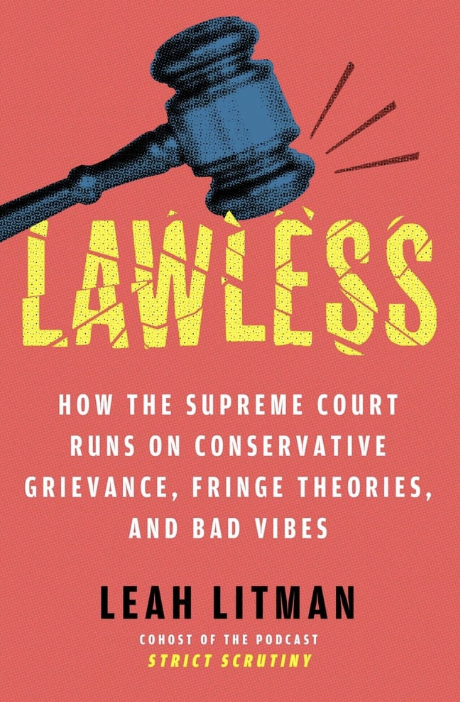
Leah Litman, Lawless
(Atria, May 13)
It’s not often a book about the Supreme Court is billed as “funny” but perhaps a little humor is necessary to reckon with the collapse of one of America’s great institutions. In Lawless, Litman investigates the Court’s rightward turn, highlighting the alarming ways in which political exigency now trumps settled law in case after case, taking the United States back to a time when it definitely *wasn’t* great.
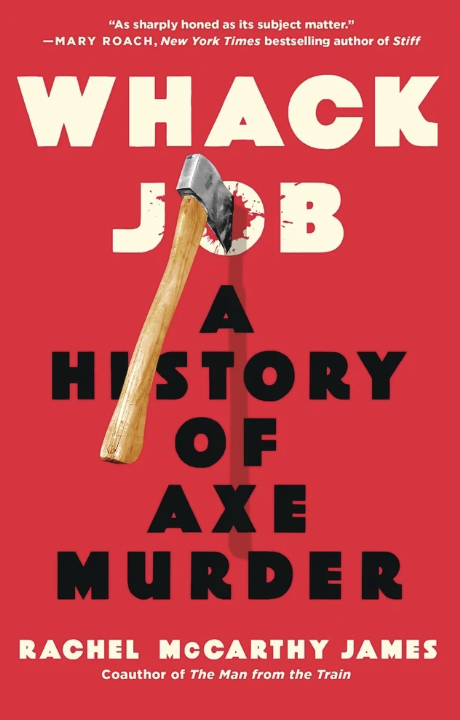
Rachel McCarthy James, Whack Job
(St. Martin’s, May 13)
What’s not to love about a brief history of axe murders that’s part true crime, part anthropology, part material history? Going all the way back to the crude, pre-historic hand axe (basically a sharp rock), McCarthy James examines how easily a tool becomes a weapon, and why we find it so compelling.
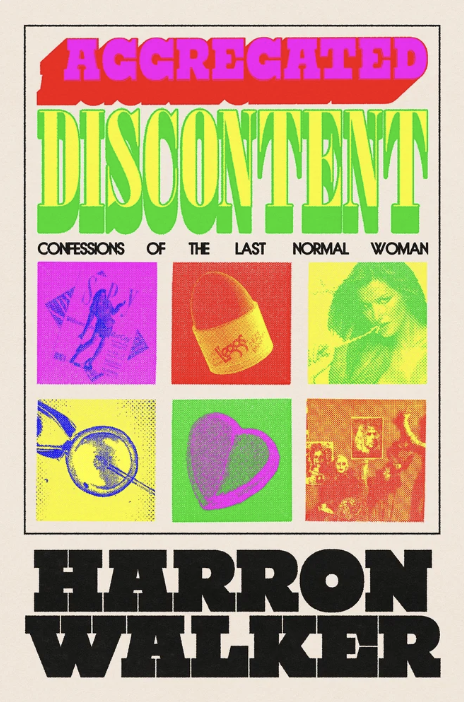
Harron Walker, Aggregated Discontent
(Random House, May 20)
Harron Walker’s debut essay collection is a brilliant blend of cultural criticism and memoir. With her trademark scorching wit and relentless curiosity, Walker explores contemporary womanhood, writ large and small, delving into fertility and motherhood, labor, transition, pop culture, the indignities of the healthcare system, and much more. Her writing is both deeply personal and universally inviting. You’ll blow through the book, and hold it with you long after you finish.
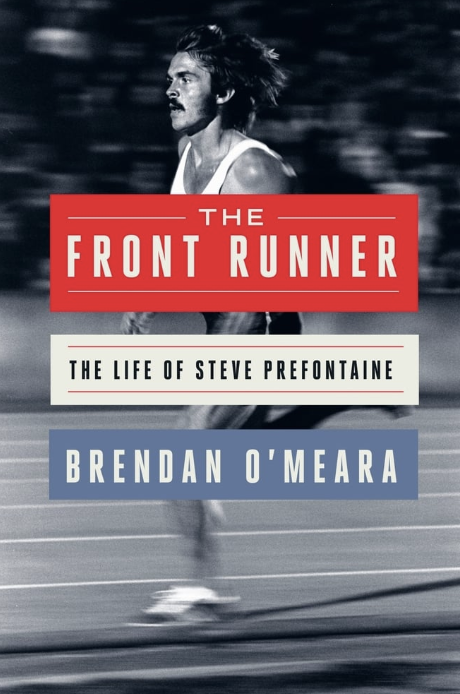
Brendan O’Meara, The Front Runner
(May 20, Mariner)
Olympic middle distance runner Steve Prefontaine was such a charismatic (and handsome) figure in 1970s America that his tragically short life earned him two Hollywood biopics: Prefontaine (1997) and Without Limits (1998). As The Front Runner demonstrates, in surging prose worthy of the notoriously aggressive track star, Prefontaine was indeed a larger than life figure, one of those preternaturally confident human beings who promises big and almost always delivers. If there was a Mount Rushmore of swagger, Prefontaine would be on it.
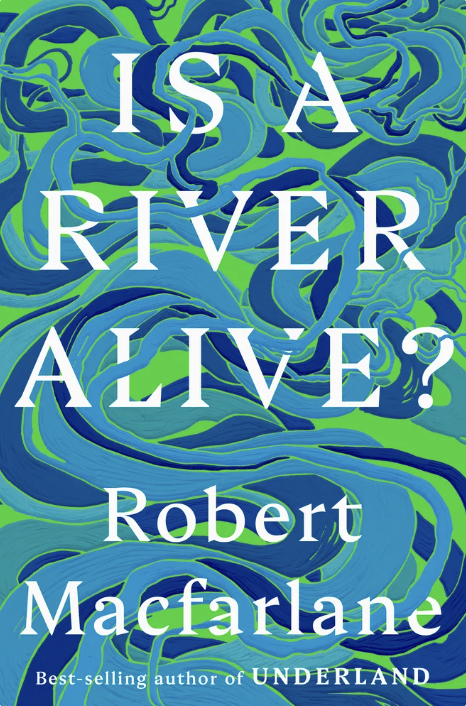
Robert Macfarlane, Is a River Alive?
(May 20, WW Norton)
Robert Macfarlane’s last book, 2019’s Underland, is easily one of the 21st century’s great works of nonfiction: a sprawling, deeply researched narrative that is so much more than the sum of its many incredible parts, transcending as it does its putative subject (humanity’s relationship to underground spaces) to become a book about, well, everything. Macfarlane’s latest, Is a River Alive?, promises more of the same wide-ranging investigations, as it explores “an ancient, urgent idea,” posing the eponymous question with the author’s characteristic blend of humility, erudition, and lyricism.
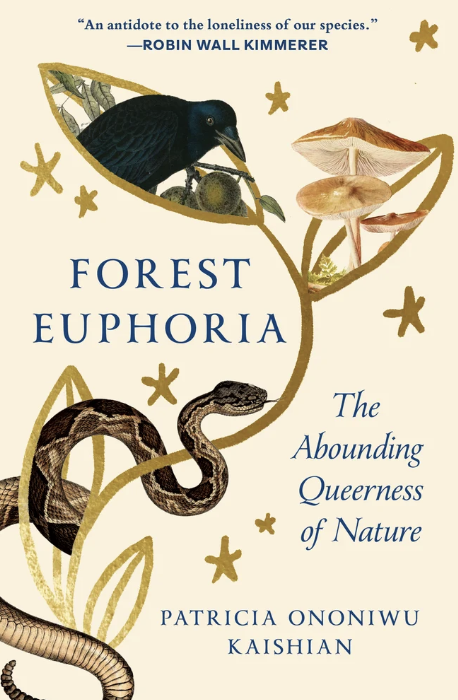
Patricia Ononiwu Kaishian, Forest Euphoria
(Spiegel & Grau, May 27)
Did you know that eels are “sexually undetermined” until the last years of their lives? Did you know that intersex slugs shoot calcium carbonate “love darts” at each other when they’re trying to get laid? Did you know that fungi manifest as literally thousands of “sexes”? Yup, nature is weird. Or, more accurately, queer. You can read about all this and much more in Patricia Ononiwu Kaishian’s memoir-cum-scientific diary of growing up in the Hudson Valley.

